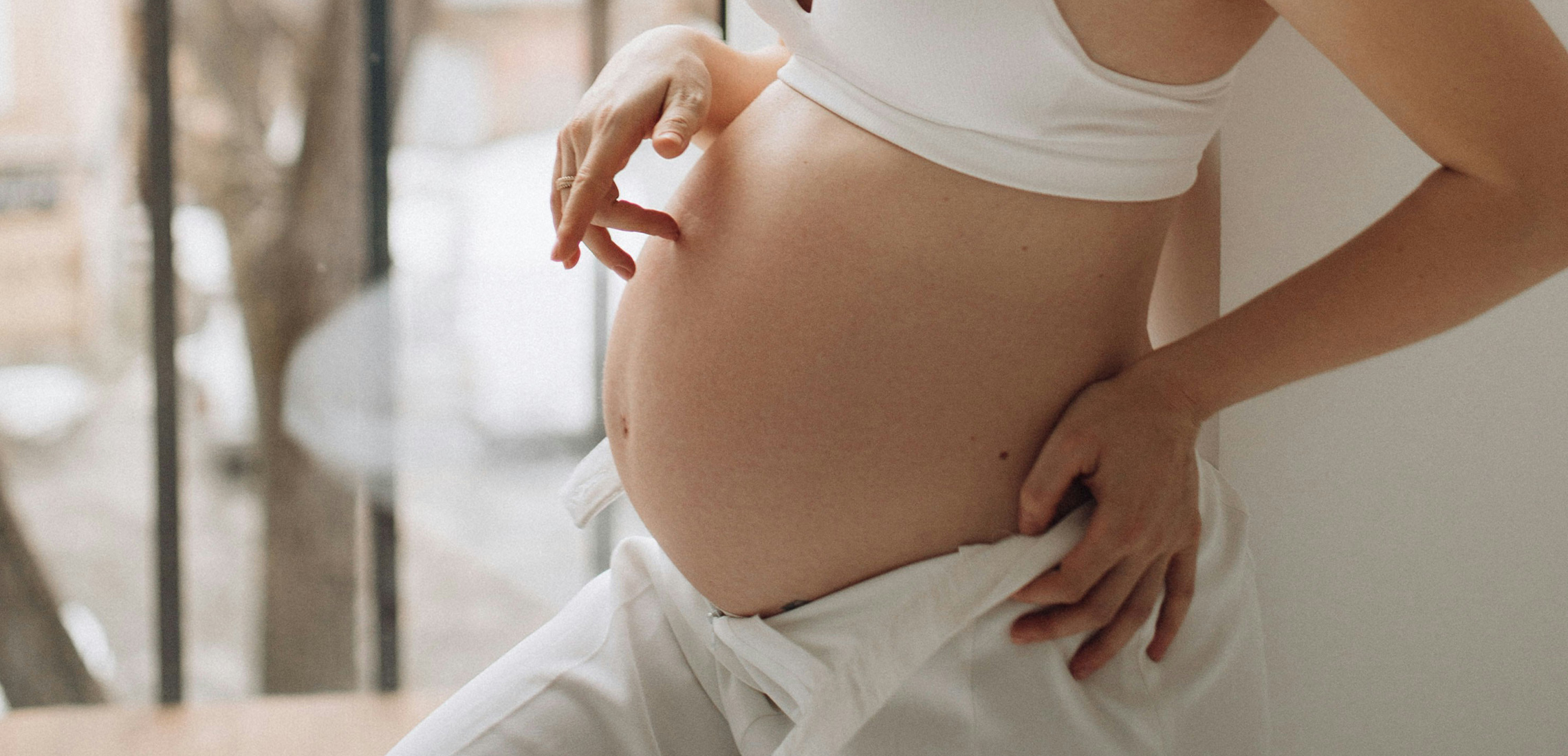
How Pregnancy Impacts Vein Health: What Every Mum-To-Be Should Know
Baby steps
When you’re expecting, there’s a lot more you can expect than your little bundle of joy. While Hollywood has probably prepared you for morning sickness and oddly specific cravings (pickles and ice cream, anyone?), a less talked about side effect of pregnancy is the impact it can have on your vein health.
To help you prepare for your body’s own changes as you’re growing your baby, we talked to the best in the biz: Brisbane’s very own Dr Nicholas Kemp, aka The Leg Vein Doctor. From what causes varicose veins during pregnancy to how you can treat them (and prevent them!), scroll on to discover everything mums-to-be need to know about pregnancy and vein health:
What kind of vein problems do you often see in pregnant women?
It’s not uncommon for women to develop varicose veins on their legs during the first trimester of their pregnancy. These raised blue veins can not only look alarming, but can also bring with them symptoms such as aching, itching, or restless leg that can increase in severity as the pregnancy progresses. Superficial smaller red spider veins can also develop, however these tend to be not as concerning.
Why do these changes in veins occur during pregnancy?
In order to support and nurture the new baby, your amazing body is producing an additional volume of blood. This increases the pressure within your circulatory system, so it needs to work harder to stay efficient. The body is also going through numerous hormonal changes – like a surge in progesterone production (the ‘relaxing’ hormone), which can cause blood pooling in the legs rather than being returned to the heart.
Studies have found the saphenous leg veins to be sensitive to hormonal fluctuation, which is why we often see incompetency there. Also, as your baby grows the uterus expands, putting pressure on the inferior vena cava (a large vein located on the right side of the body) and causing veins in the lower leg to swell. Veins can also become problematic in the vulva areas due to pelvic vein incompetence.
What are the best ways to reduce the risk of problematic veins during pregnancy?
There is no way to completely prevent varicose veins from happening as they are often hereditary (check with your mum!). However, you can reduce the impact of varicose veins by following these three steps:
- Exercise. Get your legs moving by taking a walk or performing low-aerobic activity to keep the blood circulating. Avoid sitting or standing for long periods of time and enjoy pregnancy massages to promote lymphatic drainage.
- Wear compression stockings. Pregnancy compression leggings give your veins more support, which can help to relieve pain and reduce swelling. These should be fitted and worn with guidance by a professional.
- Maintain a healthy pregnancy weight and remain hydrated. While weight gain is normal and part of your body preparing for your bundle of joy to arrive, excessive increases can put extra stress on your venous system.
Will I need treatment?
Fortunately, many new mums find post-partum that their varicose veins do resolve within 3-6 months of delivery. Other women may need to seek treatment for their varicose veins. We most commonly recommend ultrasound guided sclerotherapy – a straightforward procedure which can be performed in a clinical setting with limited downtime. We’ll need to decide whether to delay the procedure or have it done before falling pregnant to avoid further damage. This is assessed on an individual basis depending on severity and which veins are affected, as well as what is best for you and your growing family, factoring in breast feeding and overall health.
What should I do if I develop veins during pregnancy?
You can book in for a varicose vein consultation during your pregnancy. This involves a completely safe ultrasound scan of your legs to determine the location and extent of abnormal veins. We can then offer recommendations for preventive and supportive tools to treat the symptoms and appearance of both varicose and spider veins during pregnancy.
I already have varicose veins. Should I get treated before I start a family?
The Australiasian College of Phlebology suggests that abnormal veins be treated beforehand to reduce complications such as clotting, inflammation, and progression of venous disease when you fall pregnant. It is generally not recommended to commence vein treatment during pregnancy, so we do encourage patients with any concerns to take a proactive stance and get checked out prior.
Ready to get a step up on your vein health? Book your consultation with The Leg Vein Doctor here.






